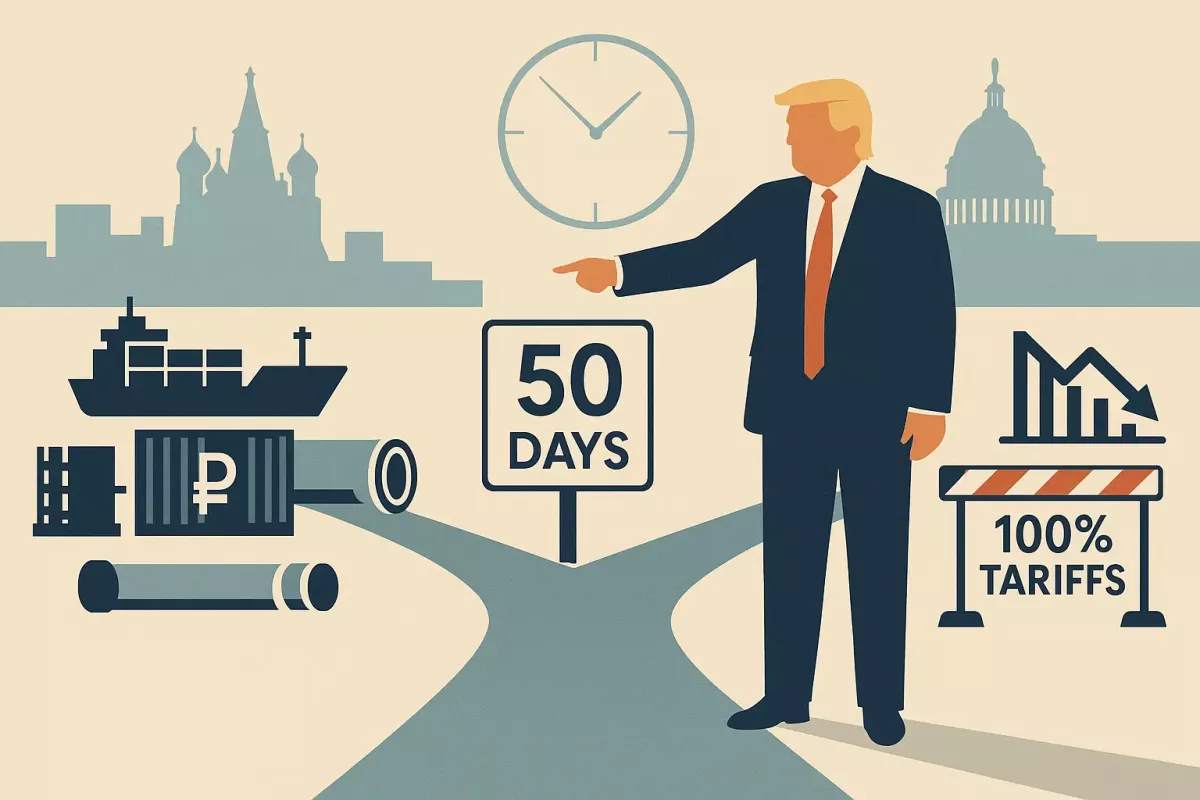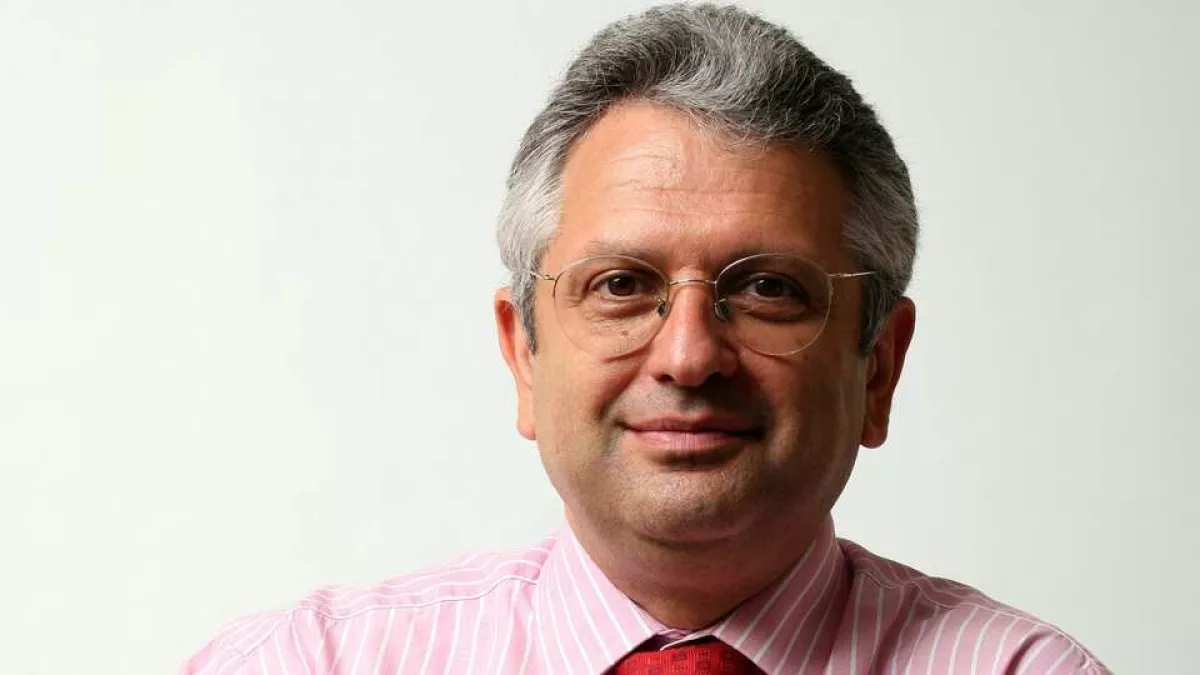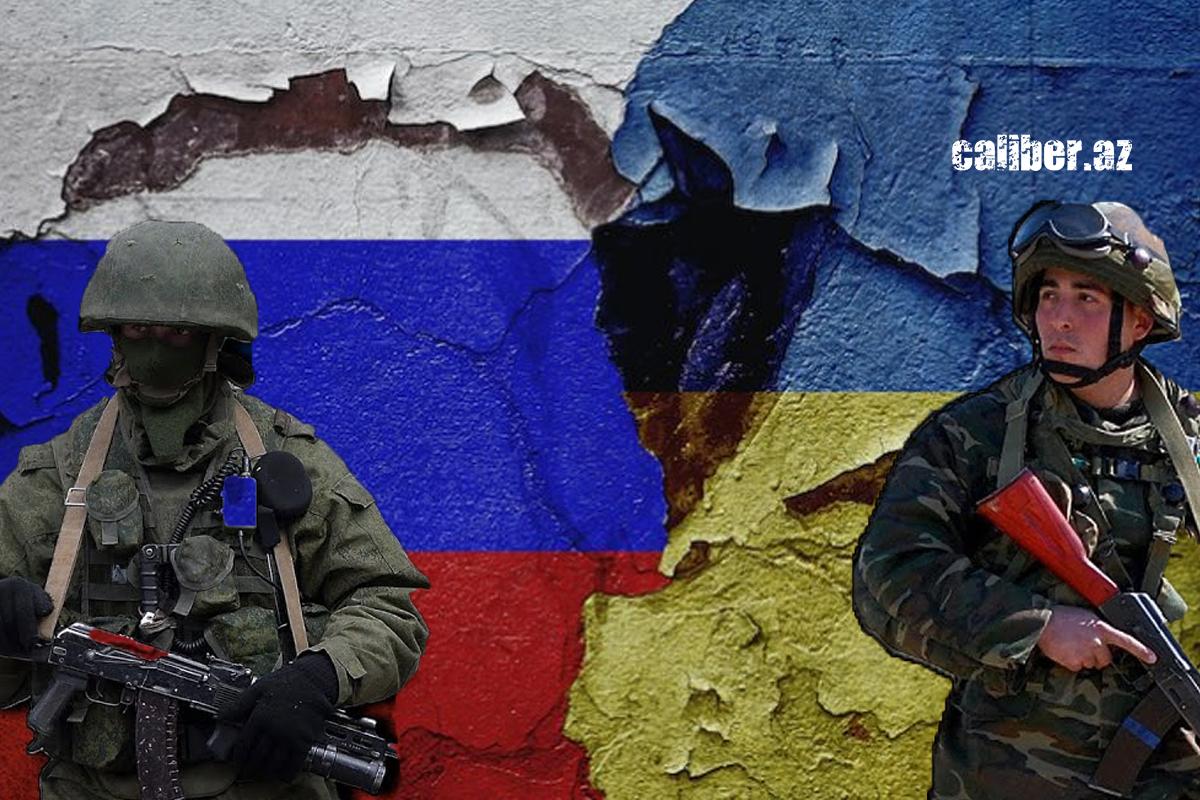50 days for peace: Will Moscow accept Trump's terms? Expert opinions on Caliber.Az
Recently, Donald Trump announced that the United States will impose 100% tariffs on Russia if there is no progress in resolving the Ukraine conflict within the next 50 days. He also mentioned the possibility of supplying 17 Patriot systems to Europe for Ukraine. This statement came amid his growing frustration with Russian President Vladimir Putin’s actions—or lack thereof—regarding a peaceful settlement in Ukraine.
The very next day, in an interview with BBC News, Trump declared that he was "not done" with Putin, even though he is "disappointed" in him, as he had believed on four separate occasions that a deal with Russia on Ukraine was nearly reached. One way or another, it has become clear that Moscow's promises to heed Washington and engage in constructive talks with Kyiv have not been fulfilled—prompting the U.S. President to adopt a tougher stance on Russia.
What do experts think about Trump’s evolving position on Russia regarding Ukraine and the West? How effective could it be as a tool to pressure Moscow? Caliber.Az reached out to Ukrainian and British political analysts for insight.

International affairs expert, Doctor of Political Science, and Ukrainian political analyst Petro Oleshchuk believes that Donald Trump’s statements are a clear signal that his stance toward Russia—and personally toward Vladimir Putin—has significantly shifted. While he previously emphasised his "great relationship" with the Russian president and expressed hope for mutually beneficial agreements, Trump has recently moved to accusing Putin of being unwilling to end the war.
"According to Trump’s statements, they have supposedly come close to some kind of agreement on ending the war four times already, but Putin has always backed out. Essentially, Trump is confirming that Putin refuses to enter into any agreements to end the war, likely because he still hopes to achieve his objectives on the battlefield. Therefore, I believe the U.S. president is now forced to escalate his response. So far, Trump’s response to Putin’s intransigence consists of two key elements. The first is military aid to Ukraine, which will now be delivered under a new scheme—specifically, American weapons will be supplied through NATO’s European partners. The mechanism is as follows: the United States sells the necessary weapons to its European allies, and they, in turn, transfer them to Ukraine.
In this way, Trump stays true to his ideological principle of not directly funding foreign states or spending American taxpayers’ money on such support. Nevertheless, he is still providing military aid to Ukraine—albeit indirectly, through European funding. This approach lays the groundwork for improving Ukraine’s position on the battlefield and is intended to convince the Kremlin that it cannot achieve a military victory and will eventually have to agree to some kind of compromise or settlement,” the expert explained.

According to Oleshchuk, the second element of Trump’s strategy remains rather vague. At this stage, it boils down to an ultimatum demanding that Russia engage in substantive negotiations and agree to a ceasefire within the next 50 days. Failing that, Trump plans to impose 100% tariffs not only on Russia but also on countries that continue purchasing Russian goods—especially Russian oil.
“Of course, many have responded to this statement with scepticism, given that the U.S. president has never been particularly consistent in his words and actions. Nonetheless, this marks a certain degree of specificity—a clear outline of Trump’s plan to pressure Russia through its trade partners, who would also be given an ultimatum concerning the introduction of punitive tariffs. However, I must reiterate that it remains unclear how exactly this would be implemented in practice. Still, the threat has been voiced, signalling a new stage in Trump’s approach to ending the Russia-Ukraine war. In essence, this is a demand for Russia to stop the war or face both military and economic pressure.
It’s not yet clear whether this will yield tangible results in the near future, as much will depend on what specific types of weaponry are delivered to Ukraine, how quickly the deliveries happen, and how determined Trump is to follow through on his threats. In any case, this can be viewed as a breakthrough in U.S.-Ukraine relations, particularly in the context of American efforts to end Russian aggression against Ukraine,” Oleshchuk emphasised.

British journalist and former head of the BBC World Service’s broadcasting for the former USSR, political expert Yuri Goligorsky, believes that Trump’s statements are more symbolic than effective—and that the cost of such illusions is measured in human lives.
“Because in the remaining forty-something days since Trump issued his 50-day ultimatum to Russia to reach constructive agreements with Ukraine, how many people will be killed, wounded, or left clinging to a completely unrealistic hope that something might change? If Trump truly believes what he’s saying, then people will pay for his political education with their lives,” the analyst said.
He noted that Trump is beginning to realise that Putin is simply stringing him along, playing him like a chess game: “Or not even a chess game—more like Chapayev with checkers. At the end of these 50 days, absolutely nothing will happen, because introducing 100% or even 500% tariffs on Russian oil or anything else is pure fantasy. It’s unrealistic. It’s the same old story where Trump announces tariffs, then cancels them, then announces them again, then cancels again. Tariffs simply don’t work as a tool for long-term strategy, and this has been proven by numerous politicians. First and foremost, they hurt domestic consumers and damage the economy.”
According to Goligorsky, Trump’s economic threats are not only lacking in coherence, but also potentially harmful to the United States itself, as they could trigger a domino effect—with the ultimate blow landing on America’s own economy.
“Trump has threatened to somehow impact Russia’s external oil market, but collapsing it is impossible without lifting sanctions on Iran. And then who would supply oil to the markets currently buying Russian oil? If he’s referring to India and China, the United States also maintains economic relations with both of those countries. If he destabilises their economies—a 100% tariff on oil imported by India and China from Russia would seriously undermine their economic foundations—then the U.S. economy would suffer as well. It would be self-sabotage. You can’t deal a blow to those economies without damaging your own,” the analyst stressed.
Goligorsky added that he wishes the U.S. administration would develop more effective and realistic tools of pressure.
“They do have leverage—they’re capable of acting—but for some inexplicable reason, they don’t use it. Instead, they favour flashy statements that have no real substance behind them. Because this particular tool—it won’t work. That’s why I call it a tragic scenario.

Because some people will cling to the hope that once those 50 days are over, this terrible tragedy—the war in Ukraine—will somehow come to an end. Meanwhile, the killing, destruction, and suffering will continue,” the analyst said.
In his view, the only positive development is that the United States has begun selling weapons to Ukraine. But even here, it’s Europe that will foot the bill.
“A well-known Ukrainian political analyst once told me: ‘Yura, Trump is about money, not politics.’ If that’s true—and it all comes down to money—then perhaps a deal can be made. In that sense, Trump’s actions are not so much strategic as pragmatically commercial. That’s really all there is to say about the change in tone and substance of what Trump is offering,” Goligorsky concluded.








